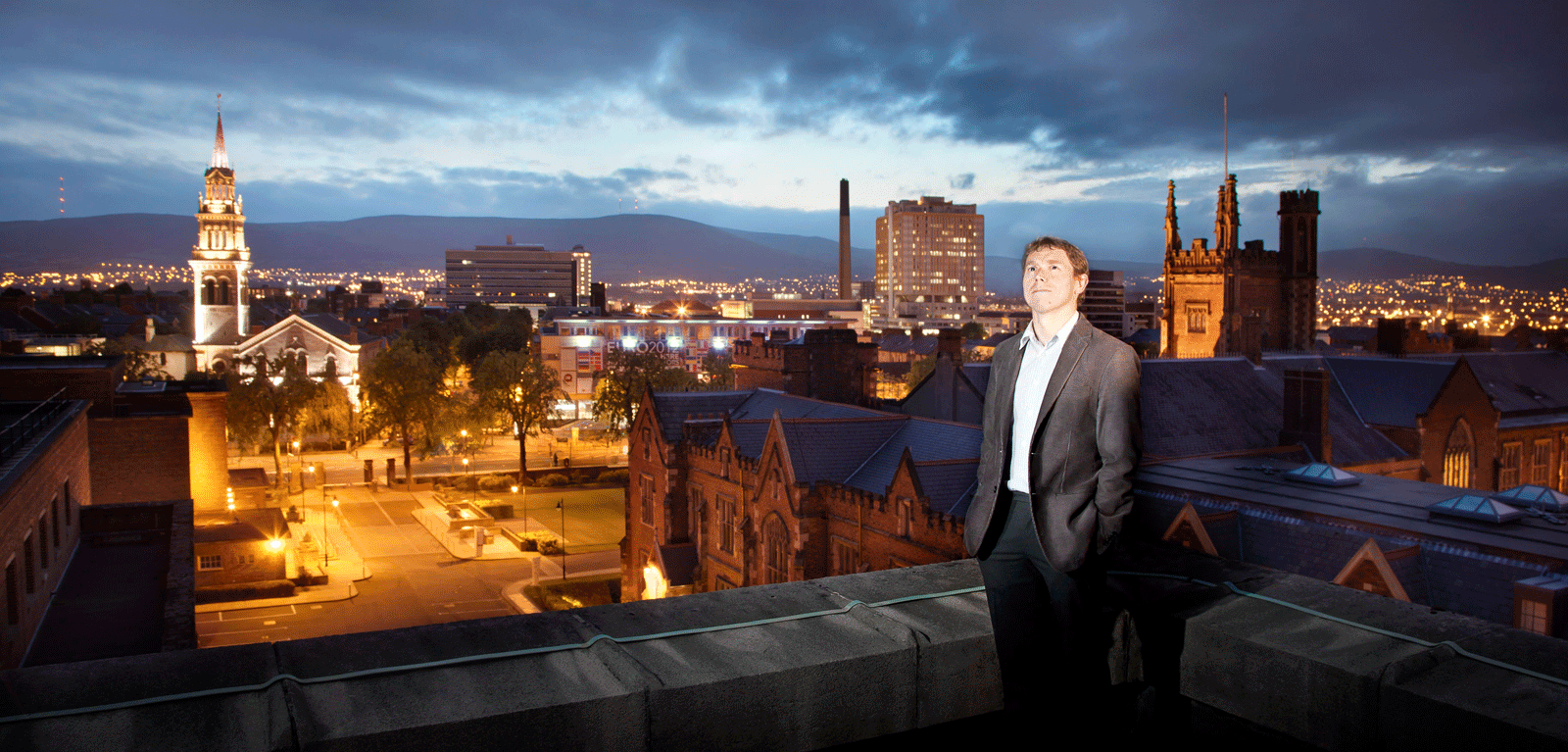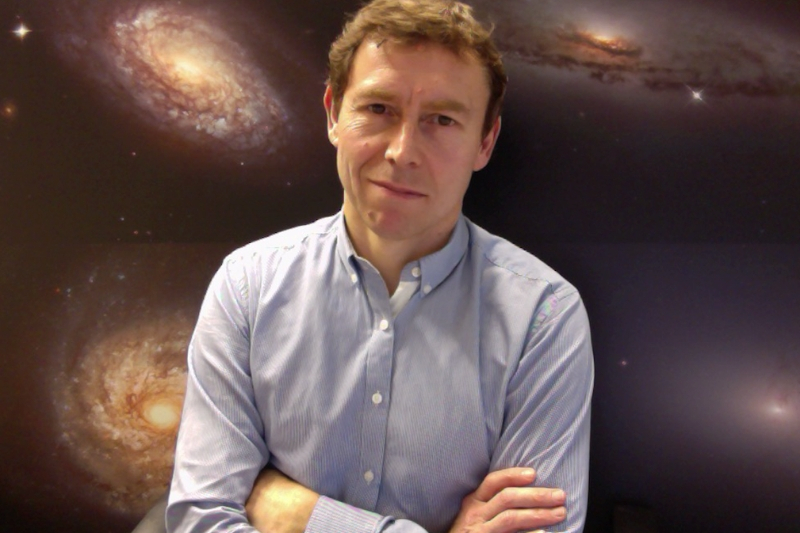Queen’s academic elected Fellow of the Royal Society 2020
Professor Stephen Smartt from the School of Mathematics and Physics, at Queen’s University Belfast has received the highest recognition of scientific endeavour in the UK, being elected a Fellow of the Royal Society (FRS) 2020.

Recognised internationally, it is a major national honour and one of the highest scientific achievements in the UK, Ireland and the Commonwealth. Fellows are selected for their outstanding contributions to scientific understanding.
Stephen directly discovered the stars that explode as supernovae for the first time using the Hubble Space Telescope. He leads several teams that survey the sky every night, constantly scanning the data for anything that changes with computer algorithms. He uncovered evidence that very massive stars can either collapse quietly to form black holes or produce the most luminous explosions in the Universe. He also led one of the teams that detected the source of gravitational waves, showing that merging neutron stars produce the heaviest radioactive elements in the periodic table.
Professor Smartt is a global pioneer in the field of digital, time domain sky surveys. He led several international projects to uncover an unexpected diversity in the physics of stellar death. He discovered some of the Universe’s most luminous supernovae and played a leading role in the discovery and physical understanding of the first electromagnetic counterpart to a gravitational wave source.
Speaking of the election, Professor Smartt said: “I am honoured and delighted to be elected as a Fellow of the Royal Society. In science, we work in a global arena. It is a huge privilege to join other scientific giants who have been appointed to the Society over the years, in recognition of my work and the level of scientific achievement at Queen’s. Science impacts on all our lives, no more so than at present, and I look forward to progressing the Society’s purpose of promoting excellence in science and using it for the benefit of humanity.”
“Being an FRS at Queen’s is special for me. I was a student and met my wife Sarah here. I have many good friends from my student days, I played football for Queen’s and still meet with them regularly. I also had a great PhD supervisor who taught me well.”
Venki Ramakrishnan, President of the Royal Society, said: “At this time of global crisis, the importance of scientific thinking, and the medicines, technologies and insights it delivers, has never been clearer. Our Fellows and Foreign Members are central to the mission of the Royal Society, to use science for the benefit of humanity.
“While election to the Fellowship is a recognition of exceptional individual contributions to the sciences, it is also a network of expertise that can be drawn on to address issues of societal, and global significance. This year’s Fellows and Foreign Members have helped shape the 21st century through their work at the cutting-edge of fields from human genomics, to climate science and machine learning.
“It gives me great pleasure to celebrate these achievements, and those yet to come, and welcome them into the ranks of the Royal Society.”
Professor Smartt is a Member of the Royal Irish Academy and Leverhulme Prize winner. In 2018 he was awarded the George Darwin lectureship from the Royal Astronomical Society and the Royal Irish Academy’s Gold Medal in the physical and mathematical sciences.
Past Fellows and Foreign Members of the Royal Society have included Isaac Newton, Charles Darwin, Albert Einstein, Dorothy Hodgkin and Stephen Hawking.
Featured Expert

Media
Media inquiries to Sarah Beveridge at Queen's Communications Office on Tel: 07795 353874.